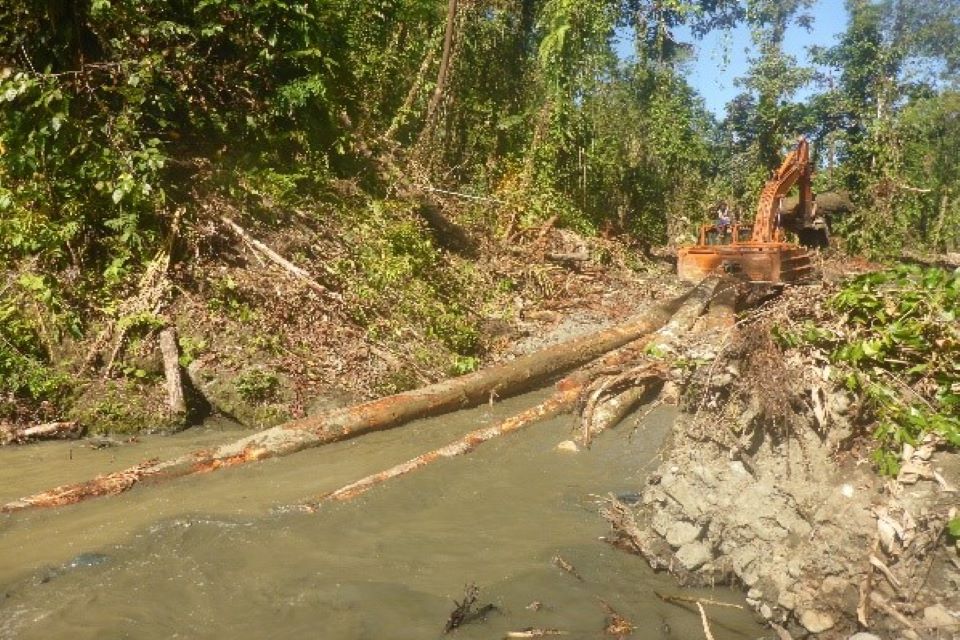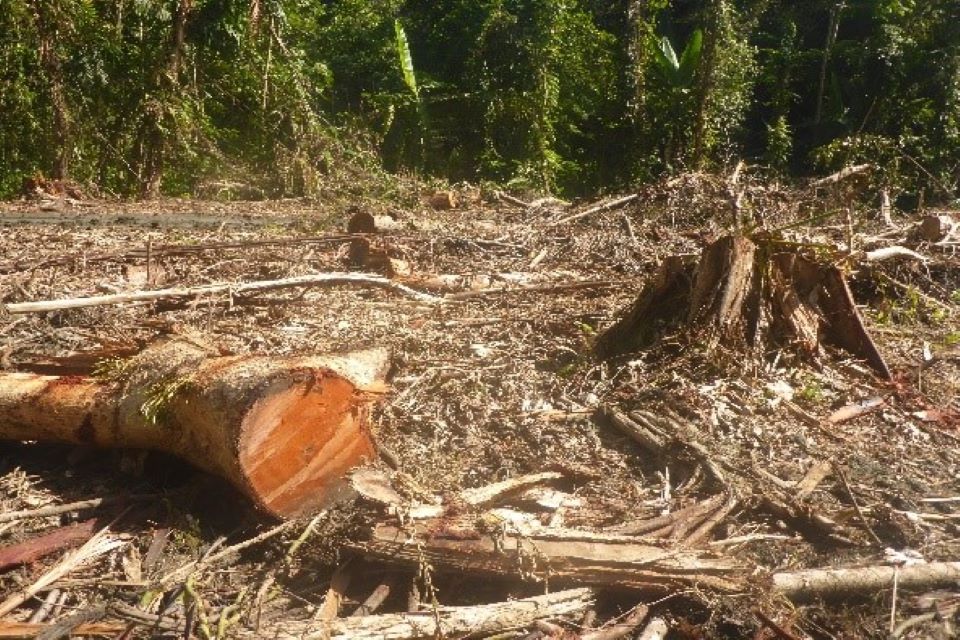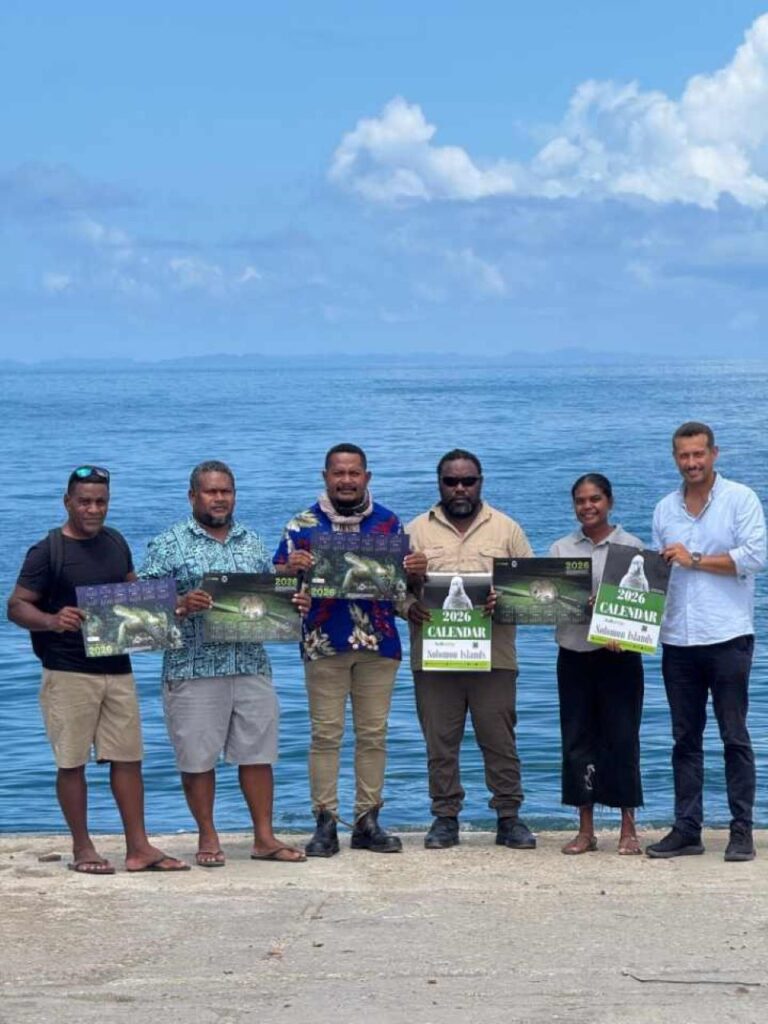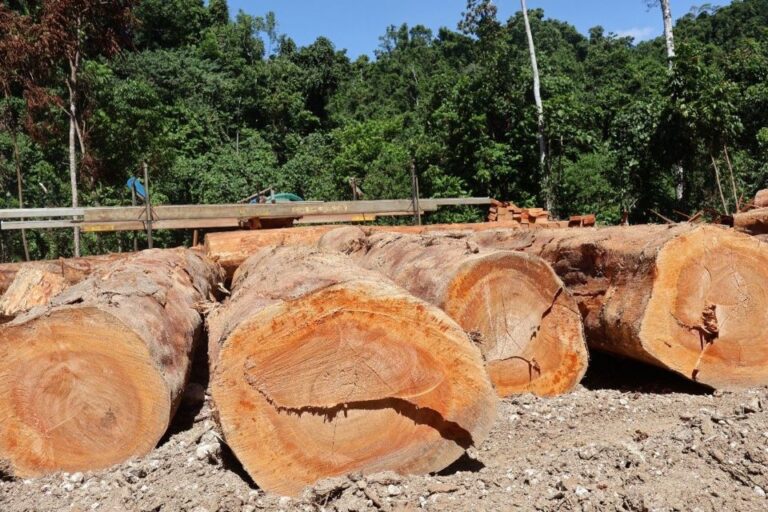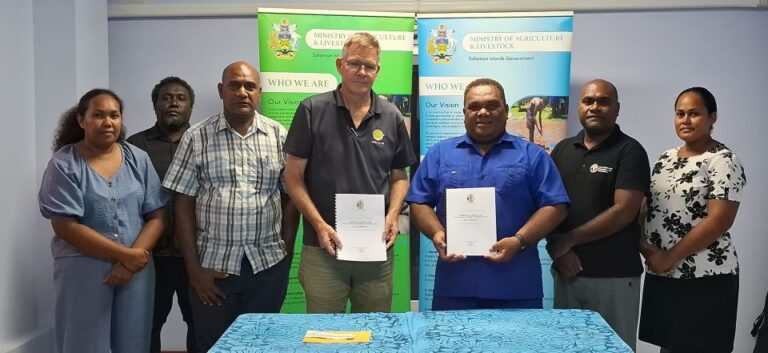BY JOHN HOUANIHAU
THE greatest challenge faced by the Zoko tribal landowners in South Choiseul, Choiseul Province in the Solomon Islands today is the increasing rate of environmental damage and forest encroachment on their land due to commercial logging.
In 20 July 2022, a local field biologist, Cornelius Qaqara released a brief report which assessed all the incurred damages caused within the Zoko tribal land in Choiseul province by a developer and company operating as Price Worth Product Solomon Islands (PWP SI) in Quanaleke customary land.
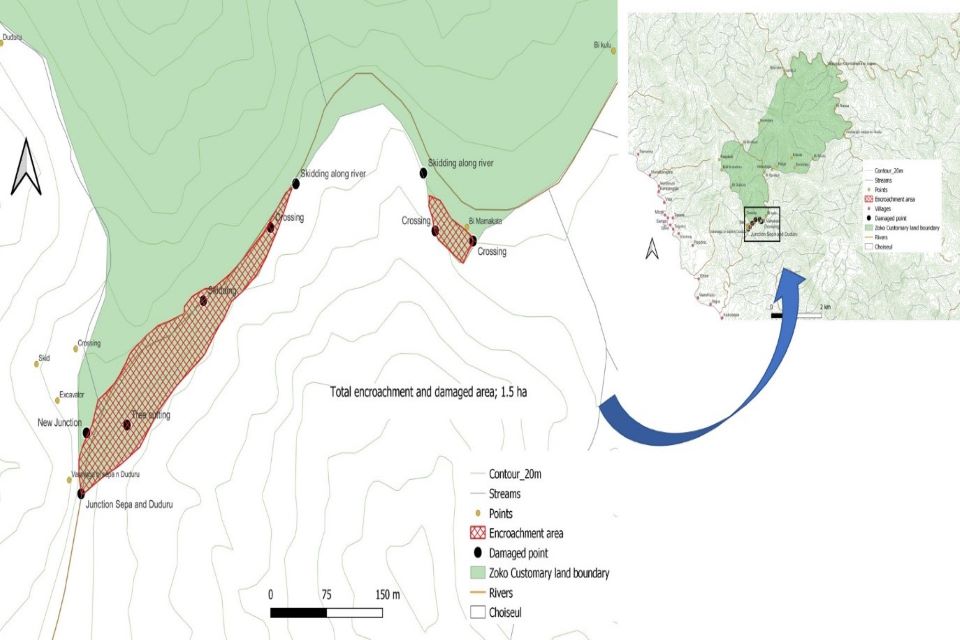
According to the report, the assessments were also focused on the damaged areas, its flora and fauna, damages to the environment, the biodiversity, ecosystem services and also the trespassed areas which consisted of commercial and non-commercial tree species.
“The survey also takes into consideration the access of breach of code of logging practice.
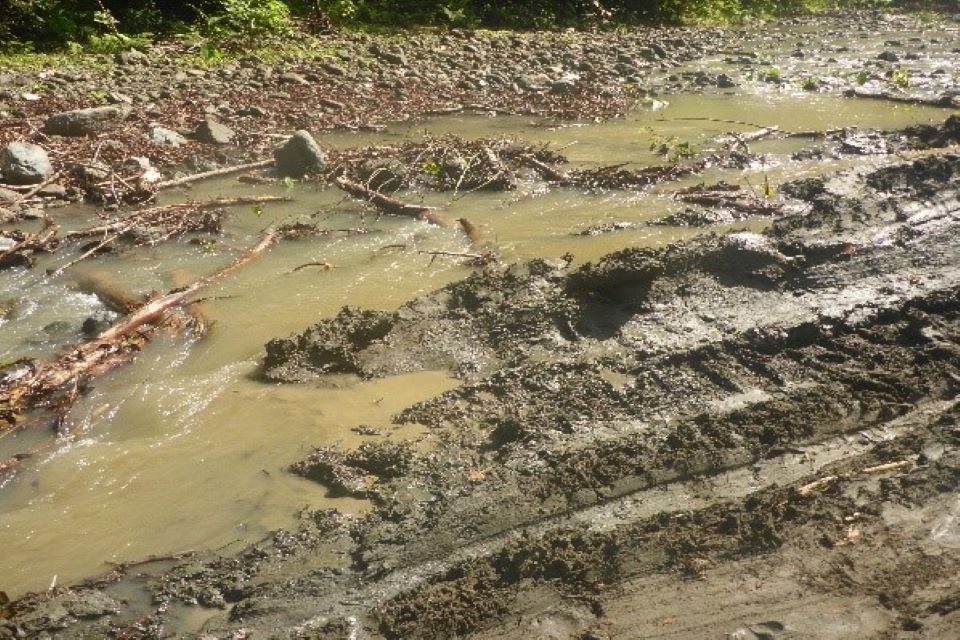
“Due to the magnitude of trespasses and environment damages an environmental compensation was calculated,” the report confirmed.
The report noted that the evaluation and valuation of all the incurred damages in terms of their monetary values for the environmental damages and rehabilitation has a cost value of USD$$53,465.56.
“For these reasons, and the value of the ecosystem services annulled as a result of this thoughtless and calamitous intrusion to Zoko land suggests a compensation damage of USD$53,465.56 to mitigate and compensate the environmental damages and at the same time plant commercially forest trees to the cleared area.”
Meanwhile, the size of the total damaged area on Zoko tribal land is approximately 1.5 hectare and the damages were documented with the use of a Samsung Galaxy A30 phone and, and positions marked using a Garmin GPS map 78 GPS.
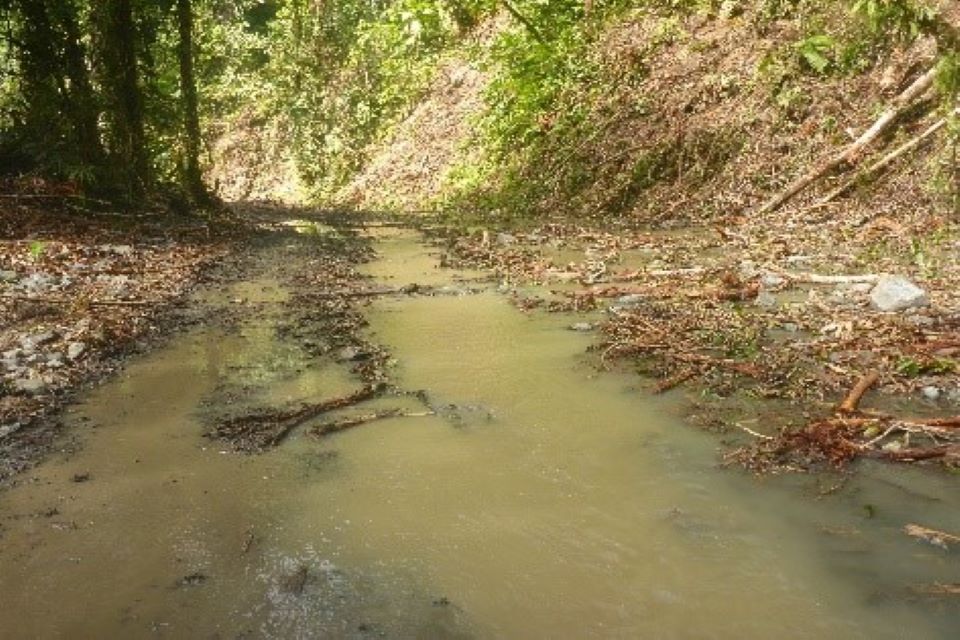
“Using a hand-held GPS device (Garmin GPS map 78 GPS unit) observers recorded GPS points to indicate the position of the focal individual within the infringement area within the damage areas.
“This is a powerful unit that can capture full satellite signals under the tree canopy.
“The survey was conducted by tracking the encroachment area and waypoints of important sites and forest disturbance were recorded.
“The GPS tracking was then uploaded into QGIS, a Geographic Information System Software program was used to produce the map of the damaged area. An overlay of the total damaged was then totally determined based on these GPS points and actual site location,” the report noted.
The report also described the PWP (SI) logging company’s operational logging practises over the years as unethical and destructive.
“The company has caused damage that accounts for the negative impacts on both the terrestrial and freshwater ecosystems.
“Additional damages to the diverse biological species of flora and fauna inhabiting the areas.
“The logging destruction terminates the ecosystem services that both the wildlife and human beings enjoyed from the rich tropical rainforest.
“The destructive logging practiced has an evident on the skidding tracks and the skidding pools filled with muddy soil that allows green algae bloom, breeding of invasive cane toad and mosquitoes.
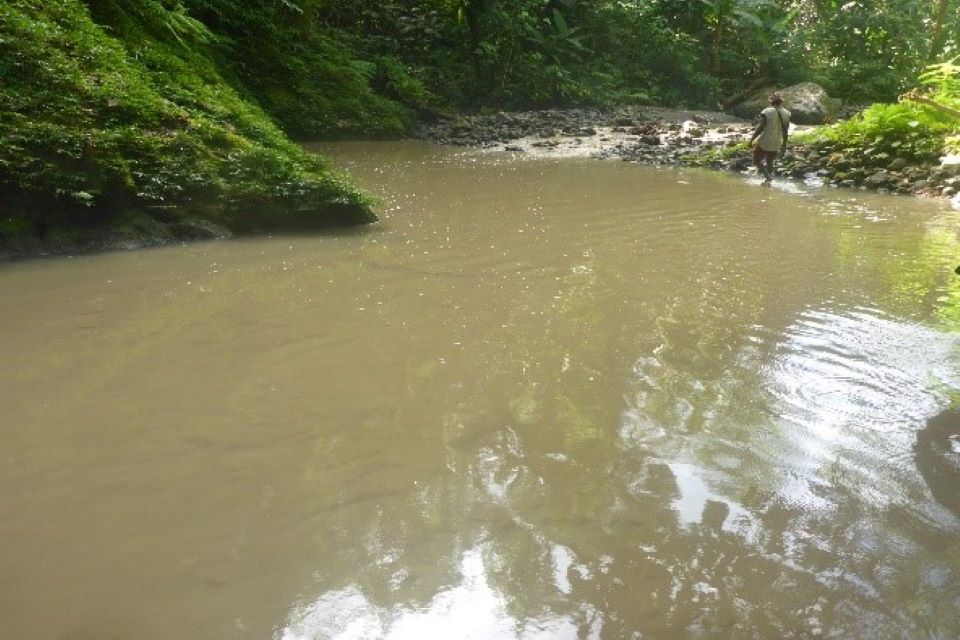
“The destruction on both commercial and non-commercial undersized valuable trees that are cleared and uprooted paving skidding roads and were used as lattice mat, and a clear felling on infringement area.
“This is completely disastrous because it causes damages to trees canopy, loss of both intrinsic and extrinsic ecosystem services.
“Losses of useful traditional building materials, compactions of fertile soil for gardening and no proper bridge constructed when crossing the stream.
“The logging activities have caused an imbalanced ecosystem services required by the wildlife and human beings for their usages.
“Thus, such destructive activities or operations has caused far greater negative impacts to the entire environment and may take many years to recover.
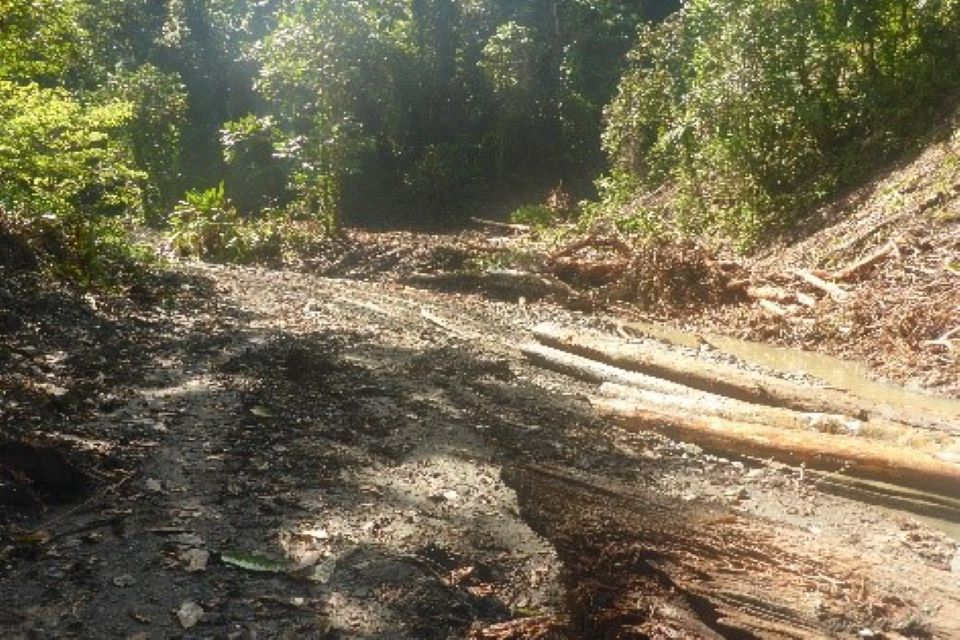
“It evident that the skidding tracks will permanently remain. Human interventions are necessarily deemed and are vitally important to be considered as a mitigation measure for the damaged areas rehabilitation process,” the report highlighted.
